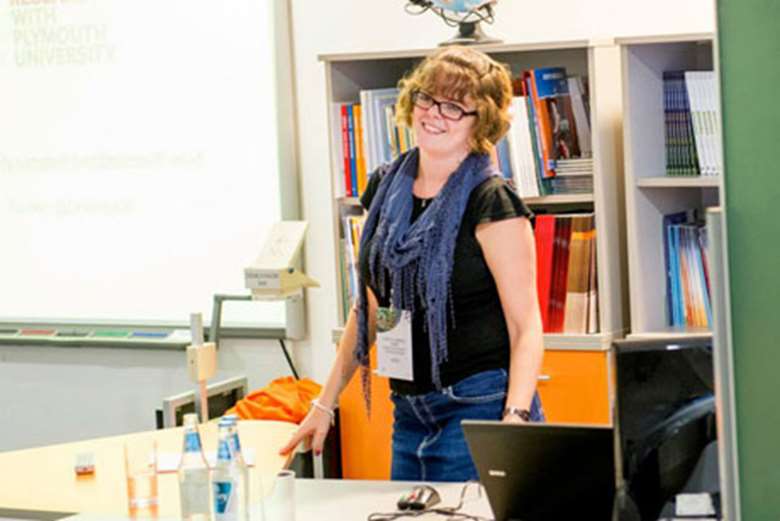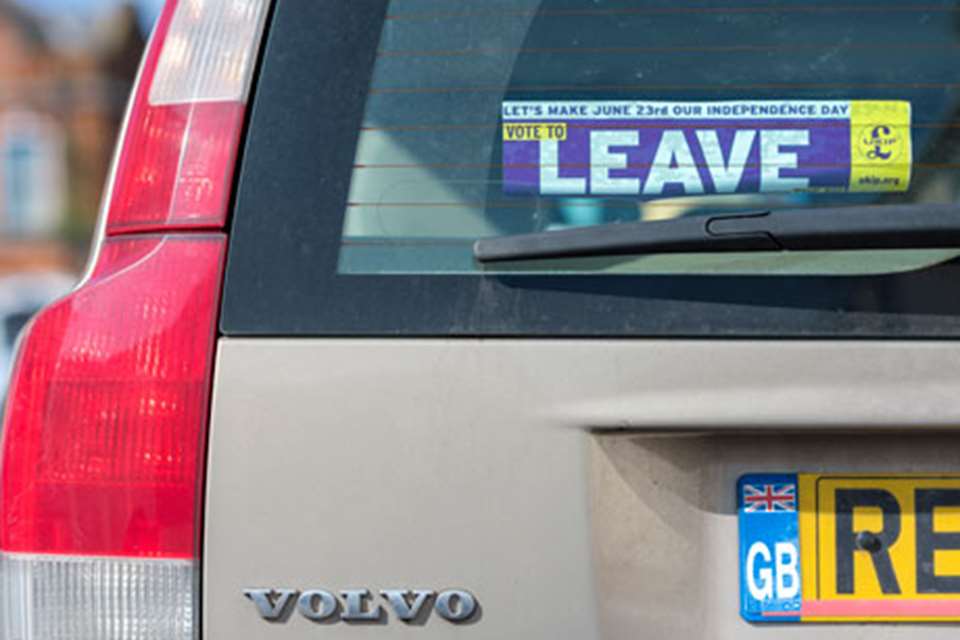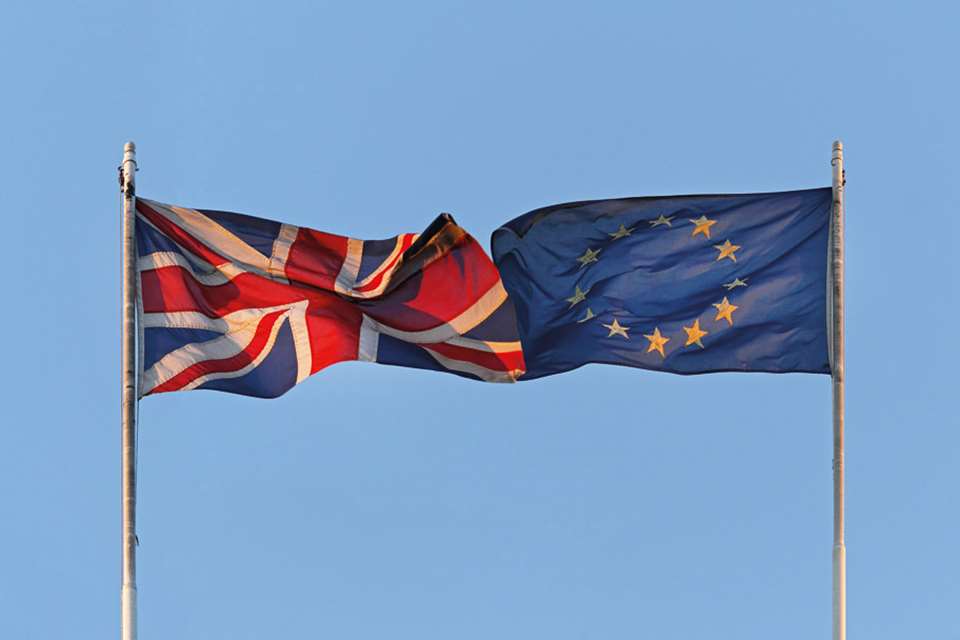Let's not lose our European links
Verity Campbell-Barr
Monday, July 11, 2016
The vote to leave the European Union jarred with both my personal and professional beliefs about the importance to early years of Britain being part of Europe, writes Verity Campbell-Barr.

I'm a Marie Curie European Research Fellow, working at the Faculty of Child and Adult Education at Debrecen University in Hungary. My research project, which has received nearly €110,000 of EU funding for 18 months, is exploring the knowledge, skills and attitudes needed for working in early childhood education and care (ECEC).
The project is a cross-European one that builds on my established European partnerships. Professionally, there is obviously a sense of irony at being a ‘European Research Fellow’ when my country has just decided to leave the EU.
Whilst my current role is thankfully not under threat, the decision saddens me because of the long history of sharing early childhood pedagogical knowledge around Europe, and because Europe has, at times, given Britain a gentle shove towards recognising the importance of ECEC services. I hope these things will not be forgotten in whatever form a post-Brexit Britain takes.
I find it interesting as I travel around Europe to see how the ideas of Vygotsky, Rousseau, Piaget, Dewy, Froebel and Montessori (as well as others) can be seen across the continent. Last month I travelled to Romania to present an overview of British ECEC, and saw members of the audience furiously scribbling notes as I spoke about the MacMillan Sisters and Susan Isaacs.
After the presentations came a series of workshops, including on the approaches of Steiner and Montessori. The conference was a brilliant example of how pedagogical ideas are shared across Europe in pursuit of a common goal of finding the best ways to support the holistic development of the very youngest members of European society.
I think British ECEC practitioners are particularly open to influence from pedagogical ideas. If you think of the influence of Malaguzzi’s Reggio Emilia approach or the popularity of Forest Schools and outdoor learning in early childhood settings at the moment in Britain, you can see how willing early childhood practitioners have been to consider European approaches for working with young children, that are child-centred, play-based and democratic. I do not think this sharing of ideas will stop. In fact I think it will continue to go from strength to strength.
Where I do have concerns is with regard to the strategic objectives of the European Commission regarding ECEC and how, or indeed if, Britain will engage with these. The European Barcelona Objectives, set out in 2002, included targets to ensure that all European countries were providing childcare to at least 90 per cent of children between three and school age, and 33 per cent of those under three, by 2010.
Britain was one of the countries that achieved this target, and whilst we were on course to meet it anyway, it symbolises a much wider network of European objectives that uphold the importance of ECEC for supporting parental employment and the holistic development of the child.
The range of objectives is obviously broad and stretches beyond those just focused on ECEC, but one area that I feel particularly strongly about is the quality of provision.
In 2014 the Thematic Working Group of Early Childhood Education and Care published a report that was a culmination of several years of partnership working across Europe, focused on the quality of early childhood education and care. The report identified five areas for improving the quality of ECEC: access; workforce; the curriculum; evaluation and monitoring; and governance and funding.
The areas clearly overlap with British priorities, but I believe that the cross-European approach provides a much broader conceptualisation of early childhood services than is seen in current British priorities. The report identifies the complexities of what quality actually means, presenting a fairly open interpretation, particularly when compared to what feels like an ever-more restrictive form of quality focused on standards and school-readiness in today's Britain.
Looking at other European models of early childhood services has been a useful tool in reminding our own government that it's not all about Baseline Assessments and getting into school as soon as possible. The sharing of ideas at a strategic level is important for ensuring that British policy does not become too narrow in its understanding of early childhood services, but also in holding Britain to account. European objectives contribute to ensuring that early childhood services and the youngest members of our society are not forgotten at a time when increasing budget cuts are hitting the most vulnerable in our society.
The decision to leave Europe will not limit those working in early childhood education and care from looking to see what Europe has to offer in terms of pedagogical practice. I hope it will also not lessen Britain's commitment to the quality of early childhood services or trigger a move towards ever narrower constructions of quality. Europe has supported a commitment to quality and asked pertinent questions, but what happens next…?
Verity, a British-born academic normally based near Plymouth, Devon, is currently living in Hungary with her husband and son, and will return to the UK after completing the project.
- Read more on how Brexit could affect early years








